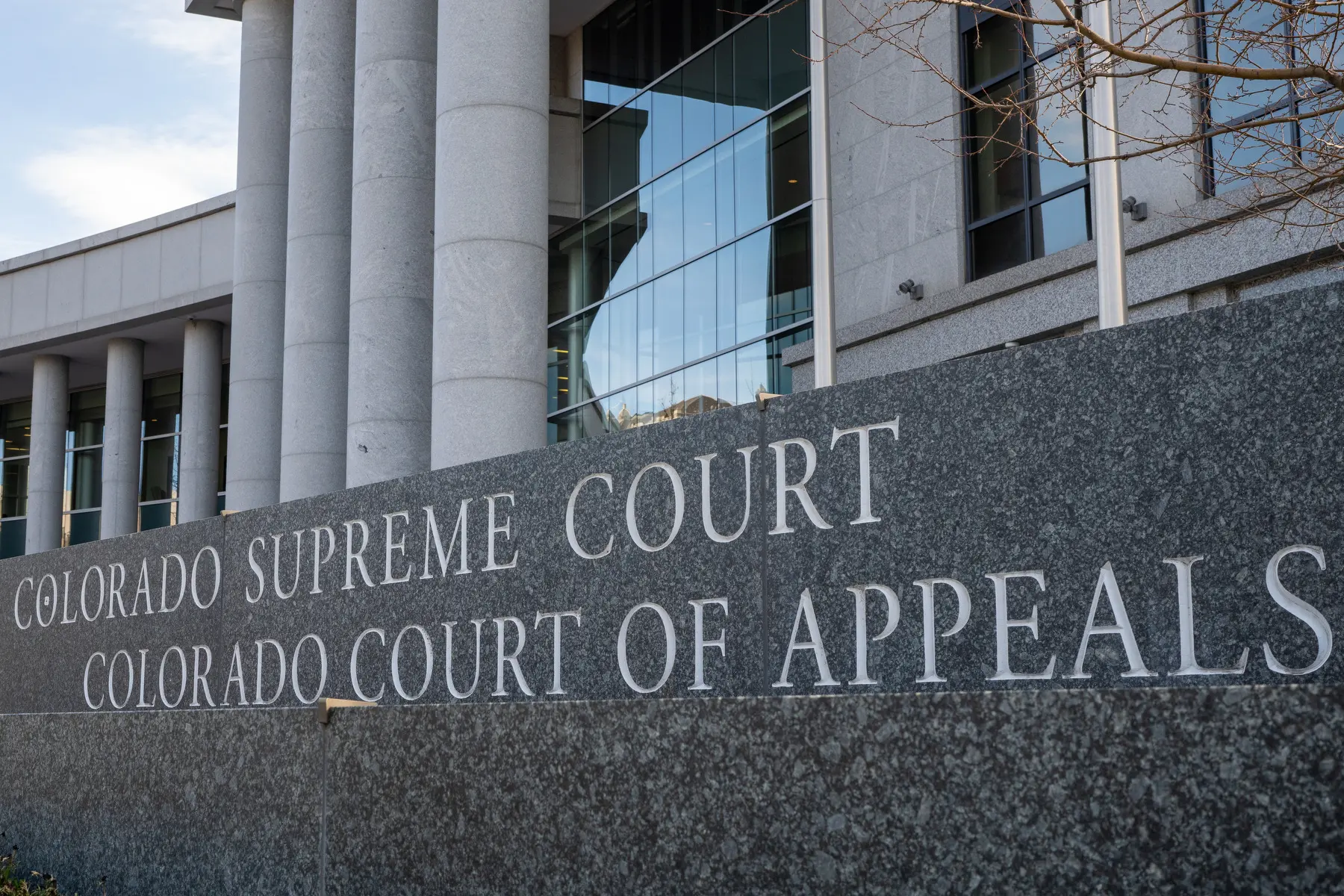Your case is over, and you did not receive your desired outcome. Now what? Should you appeal?
Judges and courts are not perfect. They make mistakes just like the rest of us. One way to change an undesired outcome is to file an appeal. But before embarking on the appellate journey, you will want to consider the merits, risks, and other implications of appealing. To help guide that process, consider asking yourself the following five questions:
1. Is there a valid legal basis to appeal?
Even if you are disappointed in the outcome of your case, most appellate courts will not change the result unless they have a strong reason to do so. For example, there may have been significant procedural errors or irregularities at trial that may have prejudiced the outcome. Another example would be a trial court misinterpreting or misapplying the law. However, simply disagreeing with the trial court’s decision is not enough.
2. How much will an appeal cost?
Appeals can be expensive. A significant amount of time and resources go into filing an appeal, including attorney fees, court filing fees, potential bonds or security, and the ability to keep yourself afloat while the appeal is pending. It could be several months or even a year before the appellate court decides your case. This means you need to be both financially and mentally committed to see the case through.
3. What practical implications could result from an appeal?
Aside from the case outcome itself, you will want to consider whether any broader implications or practical consequences may result from pursuing an appeal. Examples include how the appeal might affect your personal or professional relationships or other commitments in the interim. Or, whether prolonging the legal dispute makes sense amid any ongoing interactions with other parties involved.
4. Are there any alternatives other than an appeal?
You may also have other options for addressing your concerns without filing an appeal. If you have not already, you can try exhausting all remaining relief in the trial court, such as post-trial motions, a motion for reconsideration, or similar avenues for relief (you will need to be mindful of any deadlines though in that case). You can also try settling the outstanding dispute directly through settlement negotiations or mediation. This option can be particularly helpful if the other side is similarly dissatisfied with the outcome.
5. What are my chances of success on appeal?
Your likelihood of success on appeal is arguably the most critical factor, as it helps explain whether the potential benefits outweigh the drawbacks. A realistic evaluation of your case will depend on the following: (a) the strength of your legal arguments based on applicable laws and your unique circumstances, (b) the standard of review that the appellate court will apply (i.e., how much deference they will give to the trial court’s decision), and (c) whether the existing evidence in the record sufficiently supports your positions. Appellate courts are limited to reviewing only the evidence offered at trial. You do not get to present new evidence, facts, or legal theories on appeal, so you will want to ensure that the existing record includes everything needed to support your arguments.
Conclusion
Along with providing a means of correcting an unfavorable result, the appellate process helps to hold trial courts accountable for their errors to ensure that justice is administered more fairly and consistently across the board. Although winning on appeal can be an incredibly vindicating experience, the process is not for everyone. By thoroughly assessing the merits, risks, and potential outcomes before filing an appeal, you can rest assured knowing that you are well-informed, no matter what you decide.
Kim Newton is a Senior Associate at Griffiths Law. Kim Newton’s practice focuses on Civil Litigation and Family Law.
